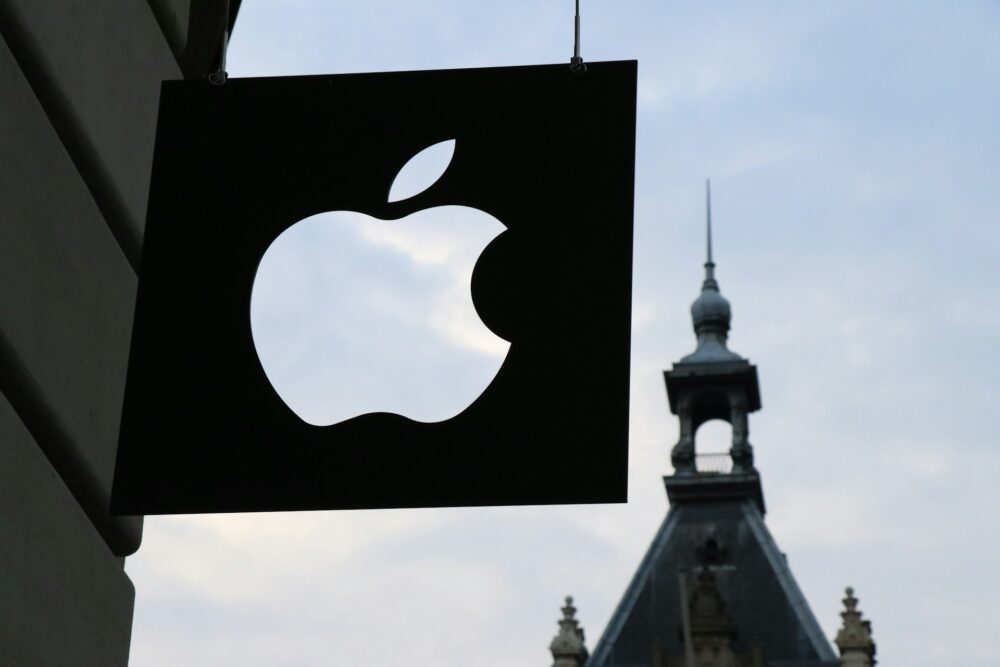With Apple’s stock near all-time highs and some major shareholders reducing their positions, investors may wonder what steps to take next.
Apple (AAPL) recently reported its fourth-quarter results for 2024, wrapping up the fiscal year. While the stock saw a small dip afterward, Apple stock price has still gained 25% over the past 12 months—an impressive achievement for a company valued at approximately $3.3 trillion.
Interestingly, Berkshire Hathaway, one of Apple’s largest shareholders, has been reducing its stake in Apple. Under the leadership of Warren Buffett, Berkshire’s holdings in Apple have decreased from over $170 billion to about $66 billion today.
While Buffett’s moves draw significant attention, each investor’s decision should be based on their own goals and context. Observing Buffett’s activity can be intriguing, but it’s crucial to remember that his reasons for selling Apple may not necessarily apply to other investors.
Below, you’ll explore the potential reasons behind this sell-off, and Apple’s current strengths.

Why the Sell-off Might Not Matter to Individual Investors
While Berkshire Hathaway has sold a significant portion of Apple stock, this doesn’t necessarily signal a lack of faith in the company’s long-term potential. Apple has achieved remarkable growth, and in recent years, its price-to-earnings (P/E) ratio has steadily increased, reflecting Apple’s transition into a more valuable business model.
One reason for Warren Buffett’s decision could be the size of Apple’s position in the company portfolio. With Apple representing nearly 20% of the company’s total market value, reducing their stake likely reflects a need to manage concentration risk rather than doubts about Apple’s future.
For individual investors, this sell-off may not be a major concern. Instead, focusing on Apple’s recent performance, efficiency, and growth potential could provide a clearer basis for decision-making.
Apple’s Higher Valuation Explained
Apple’s stock is more expensive today than a decade ago, but this aligns with the company’s growth and evolution. Apple’s iOS devices, particularly the iPhone, have created a large, loyal customer base. Through this, Apple has expanded into high-margin subscription services, which made up approximately 24.5% of total revenue in 2024, up from 22.2% in 2023.
The shift to services and more efficient supply chain management have made Apple a stronger business overall. Its return on invested capital (ROIC) has also significantly improved, which is one reason for the company’s higher valuation.
Given these changes, Apple’s stock may not return to its lower historical P/E levels unless there’s a broader market downturn.
Evaluating Apple’s Current Position
Although Apple is more efficient and profitable than ever, its valuation needs to match its expected growth rates. Recently, Apple introduced “Apple Intelligence,” a set of artificial intelligence features for iOS 18, designed to encourage device upgrades. In the fourth quarter, Apple saw a 6% year-over-year increase in revenue and expects modest growth in the next quarter, though it may take time for the full impact of Apple Intelligence to become visible.
In 2024, Apple reported earnings of $6.08 per share. Analysts forecast that earnings per share will rise by 21% to $7.40 in 2025 and by 11% to $8.25 the following year.
Over the next three to five years, earnings are expected to grow by around 12% annually. While Apple’s solid fundamentals justify its premium valuation, a price-to-earnings growth (PEG) ratio of approximately 3 suggests that the stock may be trading at a high price relative to its projected growth.
Considering these factors, Apple remains a strong business but may be more attractive to potential buyers if its valuation cools or if its growth outlook becomes even clearer.




















